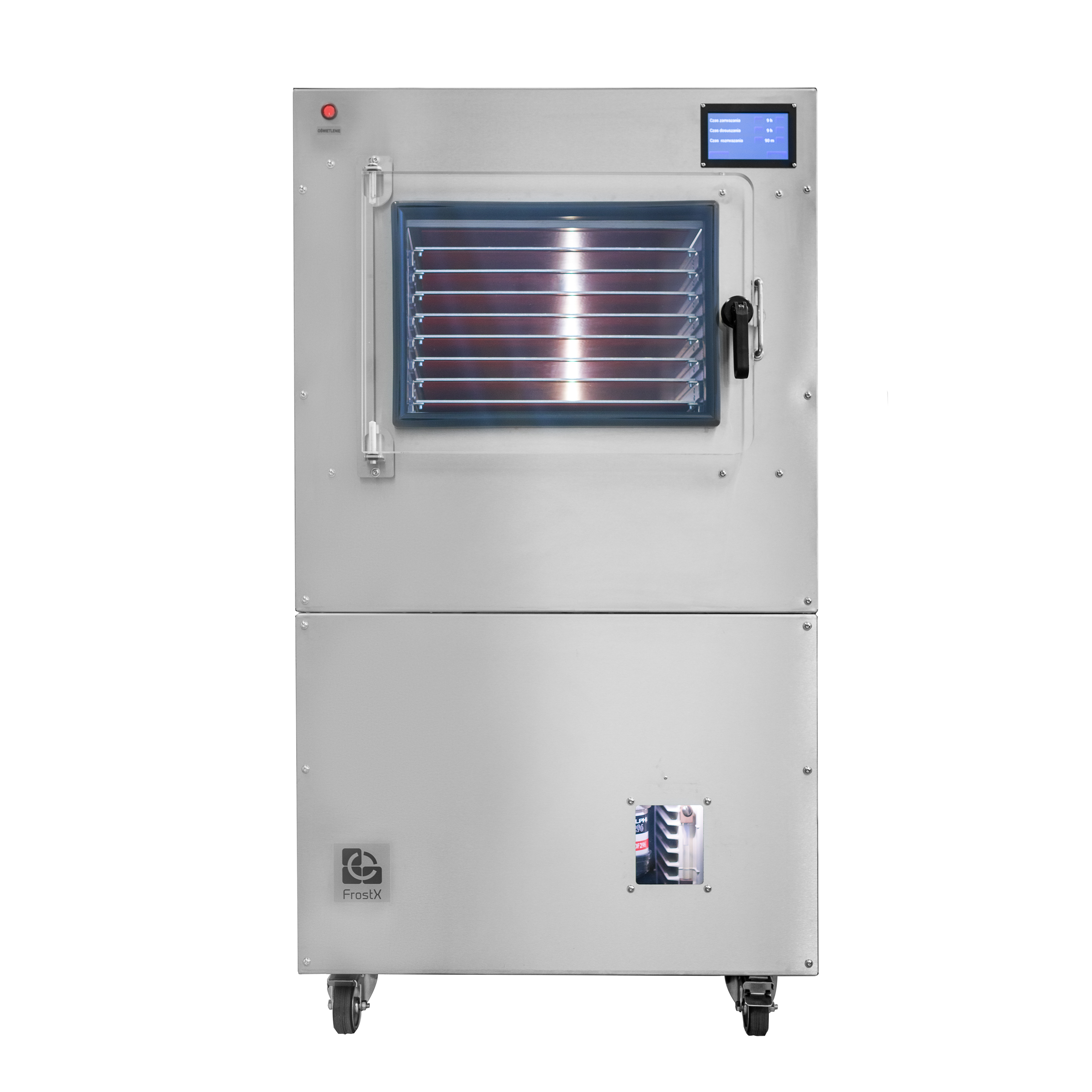Freeze-drying, a process that has found applications in many areas of life, has already been shown many times. It proved its worth during World War II, was instrumental in the conquest of space, has widespread applications in pharmaceuticals, and now it turns out that it can enhance the efficiency of cloning! A study by Japanese scientists confirms that storing cells, the source of DNA codes, in freeze-dried form is more economical and safer than the methods used so far.
Freeze-drying is a process that involves sublimation drying of ice – the freeze-drying machine (lyophilizer) first cools the cartridge to a temperature of about -50°C (sometimes as low as -80°C). It then brings it to a vacuum, comparable to that in space. Such conditions cause the water contained in the cartridge, which is in the freeze-dryer, to precipitate out of its interior, without forming “crystals” that could damage the product’s structure, and the vacuum makes the water evaporate immediately. The almost-finished product undergoes additional drying, which makes the water content of the cartridge about 1-5%, depending on the product that was freeze-dried.
Currently, freeze-drying is mainly associated with food, but it seems that its possibilities are endless and we can find more applications for this technology every day.
This has just been confirmed by a study by Japanese scientists at Yamanashi University. The discovery is well summarized by one of the study’s co-authors, Dr Sayaka Wakayama, who says that freeze-drying is much better and cheaper than the “traditional” technologies used so far, which use liquid nitrogen. He adds that the currently used method of storing cells is not only expensive, but the cells are susceptible to disruption, for example, during disasters. Freeze-dried somatic cells can produce healthy and fertile clones – this technique may not only be cheaper, but also safer for the cells themselves.
This is not the last word from researchers at Japan’s Yamanashi University – research is still underway to discover new applications for freeze-drying technology, one of which involves, for example, the storage of male sperm. Dr Wakayama believes that freeze-drying may be the best way to preserve genetic resources for the long term.
Sources:











